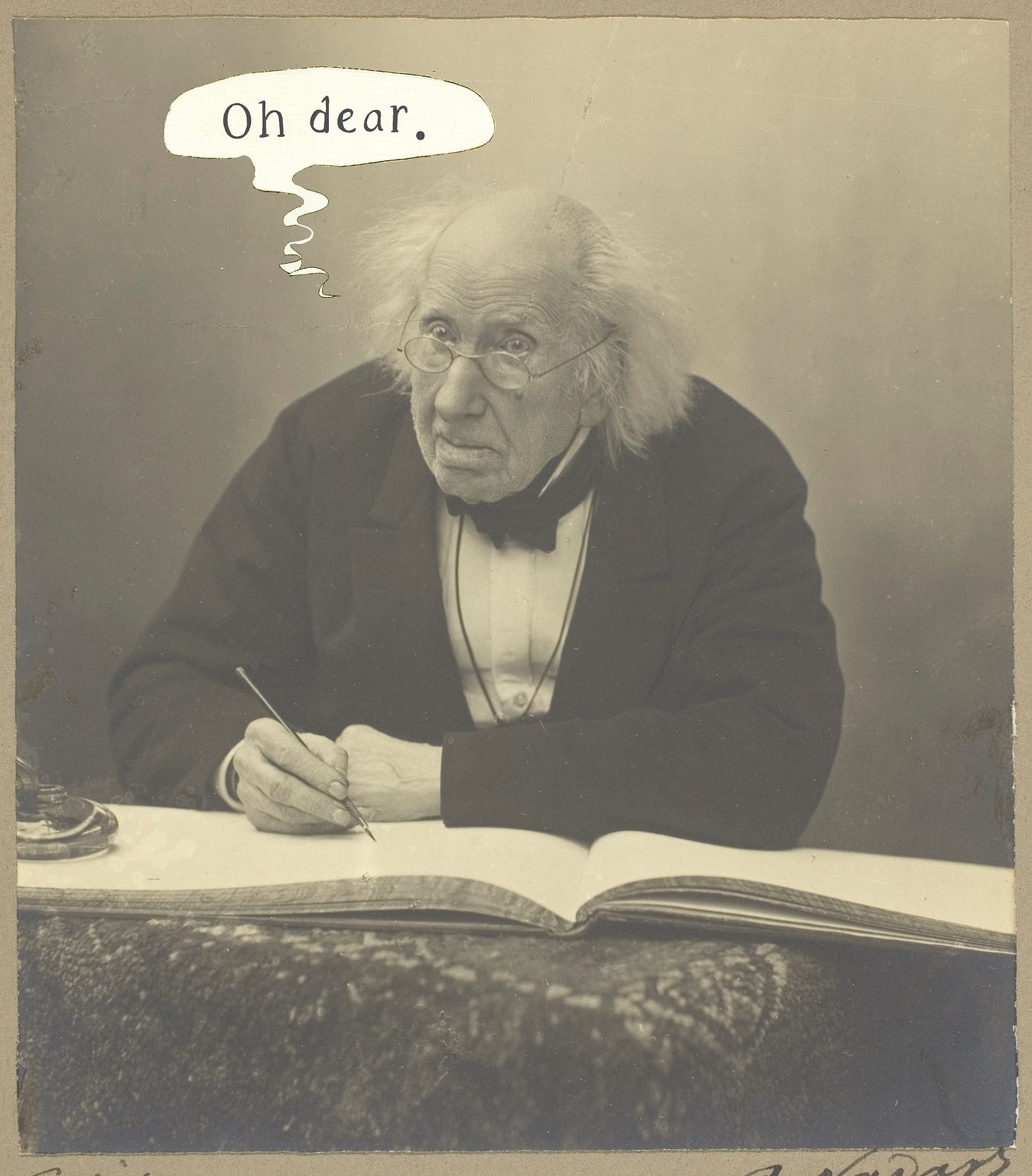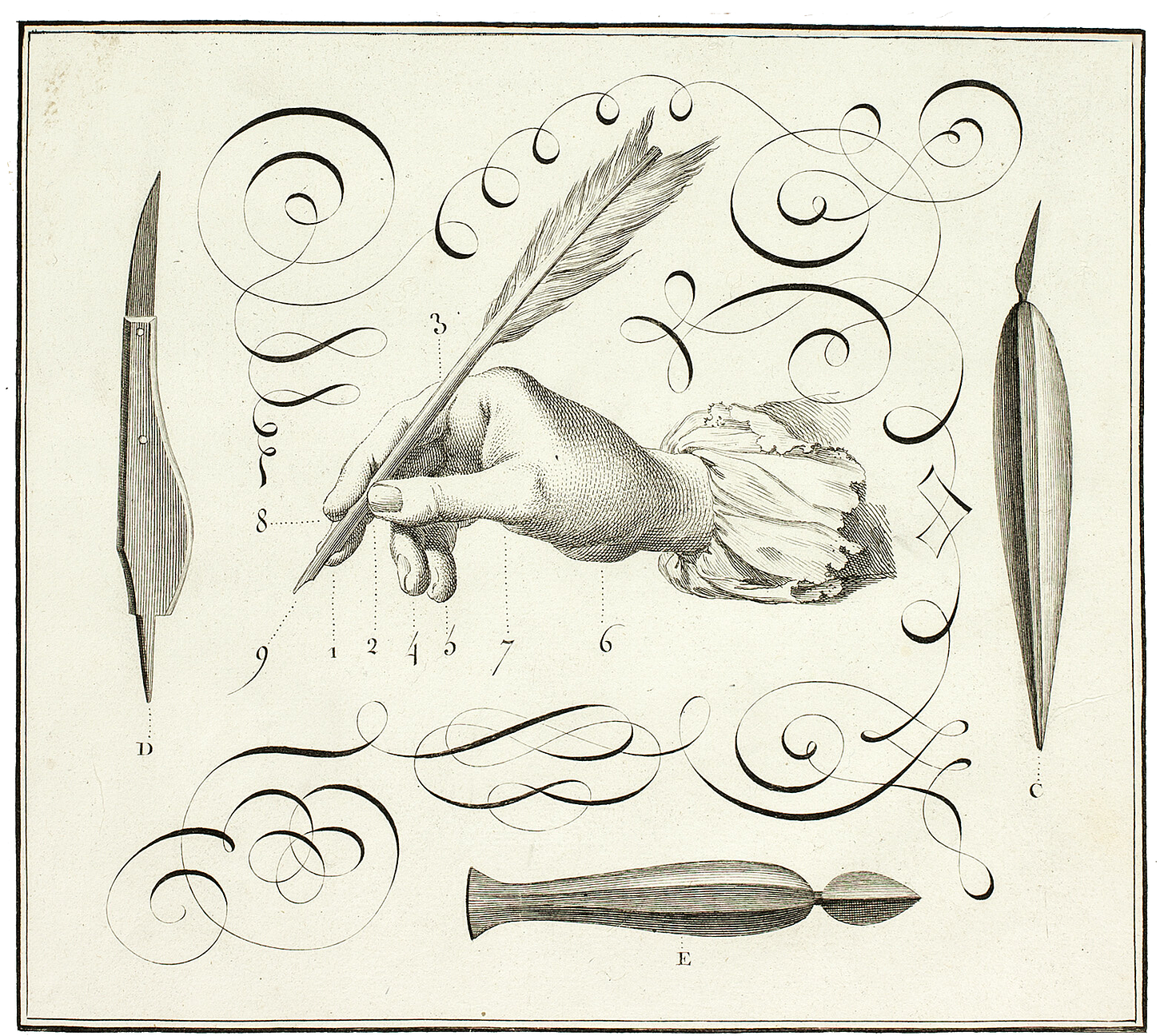
I’ve heard it said that you must write five books before you get one published. How horrible!
Do books that you’ve started (but never finished) count? This one, my current one, is book number 3.
Perhaps I should mention, I’m writing a children’s book. Not a picture book. A chapter book (with some pictures obviously). A book for parents to read to their children at night before they go to sleep. A book that they will both enjoy.
That’s how I imagine it anyway.
Truthfully, I don’t think I’m the best person to ask for advice when it comes to writing books. I’ve seen people gloat about writing 80,000 words in three months.
It has taken me a year to write 20,000 words of my book.
Most of what I write lives in my head for two months before I put it on paper. Some would argue this is a terrible habit. But C.S. Lewis had the image of a fawn carrying an umbrella in a snowy wood for over 30 years before he wrote The Chronicles of Narnia.
I take great comfort in this fact.
And yet, I must admit to myself that I do write for a living. And so, I’ve collected some tips to share. I write this for myself as much as for others—I have a habit of forgetting good advice, especially my own.

7 Tips for Writers to Get Unstuck
Read history—no matter what you’re writing about. You will find connecting points between the past and your work that will ground you and inspire you. I say this for artists and graphic designers too. When you’re stuck, go look at something from the past.
And on that note, read novels. I used to believe that reading other authors would confuse my own voice. What if I start writing like them? But I realized that if you read a lot, this doesn’t happen. You’ll take bits and pieces (both intentionally and unintentionally) from the books you’re reading. You will work it out. You will get inspired. You will understand what you like, and what you don’t like. And you will find words you have never heard before that will amuse you greatly.
A very practical tip: wordhippo. Sometimes I find myself using the same word over and over again. It frustrates me so much that I can’t move to the next sentence. So, I plug that tired word into wordhippo, and it gives me synonyms and phrases I had forgotten about. You can even search idioms which will help you find alternative ways to express those ideas.
Controversial: ChatGPT. Now, I know what you’re thinking. And no, I’m not having AI write my book. However, sometimes my mind goes absolutely blank, and I cannot for the life of me describe what I’m thinking. Yesterday I asked ChatGPT, “What sound do oxford shoes make as you walk across the ground” (the answer I was looking for was “clacking”) and “What is your body language when you are slightly forlorn.” It spits out something that is not exactly right, but it’s cleared the fog in my head. It helps me get unstuck.
Think about the story often. I always hear the advice “You must schedule time to write every day.” I don’t do this. But I do think about it every day. At night, right before I fall asleep, I sit there lying in bed thinking “Now, what adventures will they go on today?” I find my mind is always a bit freer at that time of night. It is also a very nice way to fall asleep.
Go out into the world and talk to people. I’m very bad at this one. I work from home, and my job consumes too much of my time (something I’m working on). But, I went on a walk the other day to a park right next to my apartment. I met some children who announced they were hunting for snails. “That’s it!” I thought. It was a spark of inspiration. And you will find that inspiration the more you move through the world. Our desks and computer screens are very confining. The well of creativity quickly dries up.
Don’t overwork yourself. Again, I’m very bad at this. And I’m not talking about working on your book. I’m talking about all the other stuff: the day job, the grocery shopping, the laundry-ing, the cooking, and cleaning. When you’re overworked, there is no hope for an interesting thought to enter your head. And so, that blank page of your novel remains blank. In my experience, working less (and not feeling bad about it) is the best way to overcome writer’s block.
That is all the advice I have for now. Do with it what you will, and good luck fellow writers!




